Orange
Families Learning Together (Scotland)
The Families Learning Together (FLT) project aims to deliver a multi-disciplinary approach to family learning using Peep programmes across 11 areas in Scotland. The fund duration is April 2023 - March 2026.
Families Learning Together is a continuation fund from the ‘Family Learning Scotland Project’, which saw Peep programmes implemented in early years settings in all 32 local authorities throughout Scotland. This previous funding has given Peeple strong foundations to build on, ensuring that Peep is recognised by families but also anyone working with families.
The project is an early intervention and prevention approach that supports improved attainment as well as excellence and equity leading to positive outcomes for families. Families Learning Together is part of the wider ‘Whole Family Wellbeing Fund’ (WFWF) and is in response to the Scottish Government's vision for Scotland ‘to be the best place in the world to grow up’.
Families Learning Together areas
The 11 areas involved in this ‘test of change’ are:
 Highland
Highland- East Ayrshire
- Edinburgh
- South Ayrshire
- Falkirk
- Perth and Kinross
- Dumfries and Galloway
- Aberdeen
- East Lothian
- Shetland
- Moray
Each area has been allocated a number of training places to enable practitioners to deliver the Peep Antenatal Programme, Peep Learning Together Programme and/or Peep Progression Pathway to families. Practitioners' workforce development is further supported through Peep Practitioner Accreditation places and implementation support from Peeple's FLT staff.
As part of the funding offer each local authority area will create a Peep Parent Network supporting parents to have a safe space with other parents to chat and share experiences, thus building confidence and enabling support networks to flourish.
Sectors and services involved include speech and language, health visiting, midwifery, prison family centres, foster/adoptive parents, librarians, childminders, employability services, community learning and development, dietetic services as well as local and national third sector organisations.
If you would like to find out more please contact Laura Niven (FLT Project Manager): laura.niven@peeple.org.uk
Feature box colour:
Side Quote Color:
Growing Minds Project
Growing Minds is an ambitious, collaborative project, bringing together experienced organisations and tried-and-tested interventions to improve school readiness and support young children’s life chances. It is led by a partnership of third sector organisations in Oxfordshire: Peeple, Home-Start Oxford and the Berin Centre. Growing Minds was made possible by Our Common Good and is supported by a consortium of donors.
Watch our Growing Minds video to find out more:
Oxfordshire Community Foundation created the Growing Minds project, launching it in Littlemore and Berinsfield, two income-deprived communities in Oxfordshire, in January 2020. The project was working with 277 families in these two areas by April 2022, when it handed over leadership to the three organisations mentioned above, who had been involved from the start. Growing Minds services for families are delivered by established local service providers from education, health and family support. It is now a well-known and valued service in both areas, with 433 children involved by April 2024.
Growing Mind’s birth to school pathway illustrates the joined-up approach to working with families with babies and children under five. It includes:
- 60 free book for each child to keep, delivered once a month from birth to age five, via the Dolly Parton Imagination Library - here's more about our local Growing Minds and Peeple Imagination Library. This has helped not only to engage new families, but to support their confidence and enjoyment in sharing books. All families surveyed reported doing this on a weekly or daily basis. Growing Minds families have received a total of 11,321 Imagination Library books (April 2024).
- Sharing initial information with families via people and services that they already have contact with, such as midwives, birth registrars, nursery nurses and health visitors.
- Developing responsive and flexible relationships with families, ensuring that their most urgent and basic needs are focused on first. The extraordinary pressures that families have faced during the pandemic led to an increased need for both financial and mental health support. HomeStart Oxford visit families at home and develop trusting relationships, offering practical support, as well as signposting them to specialist support services and/or other community groups.
- Peep Learning Together sessions – incorporated into groups, home visits and/or Stay and Play sessions, for parents and carers with their babies or young children. The Peep sessions share information and ideas with families that support their child’s learning in day-to-day life. 92% of the parents surveyed reported doing more things with their child that they learned about in the sessions, and 91% felt more confident supporting their child’s learning and development after attending groups. Another important aspect is the further strengthening of relationships – with practitioners in their local communities where sessions are held (such as the Family Centre/ Hub, church, pre-school and school, which can include transition/ school-ready sessions), and also with other families, providing on-going friendship and support for each other.
- Staying in touch between face-to-face sessions, via online newsletters, WhatsApp groups and a closed Growing Minds Facebook group for each area.
using the growing minds model in other areas
The model could also be rolled out in other areas of Oxfordshire and beyond. The flexible and collaborative approach has enabled the project to adapt to the various challenges of the pandemic and social distancing.
The key elements that would enable it to successfully be used elsewhere are:
- A preventative, early intervention approach – conversations starting at or before birth, and sharing tangible resources
- Evidence-based interventions – Imagination Library books, Peep Learning Together groups, one-to-one support for more intensive or tailored assistance when required
- A collaborative, local community, partnership approach – building on and extending existing relationships with and between services, professionals and families, from birth.
> Find out more: Evaluation summary of the Impact and Reach of the Growing Minds Project
growing minds
education, health and family support collaborative community project
Feature box colour:

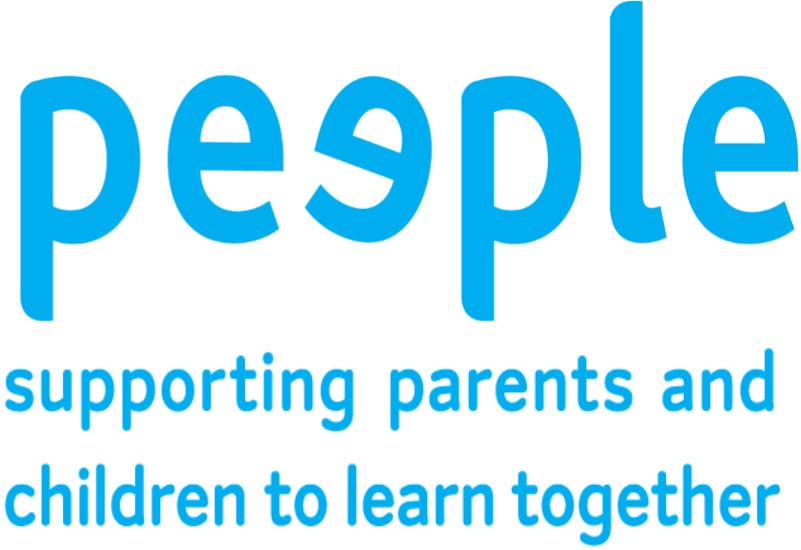



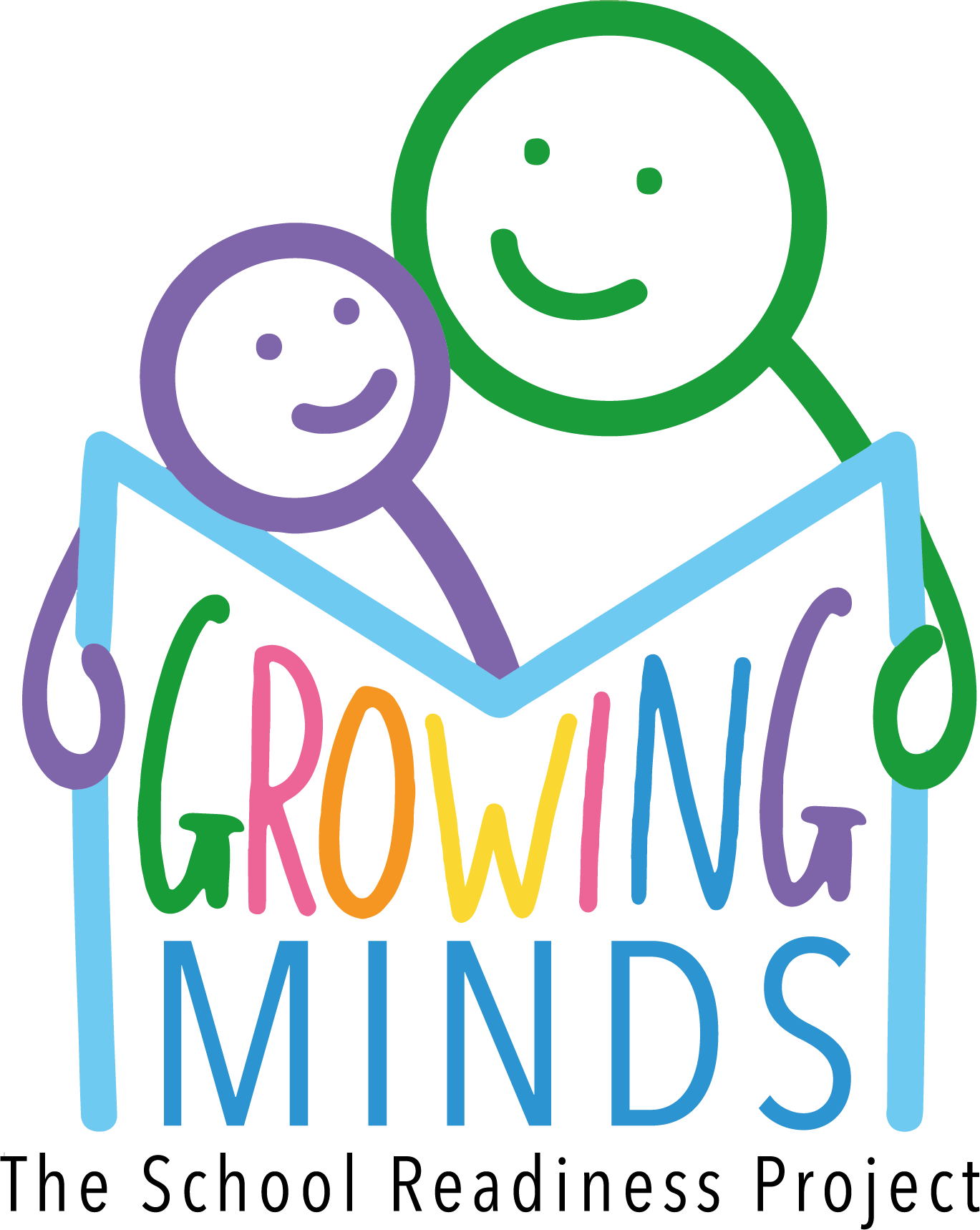
Side Quote Color:
peep tips and activity ideas for you and your child
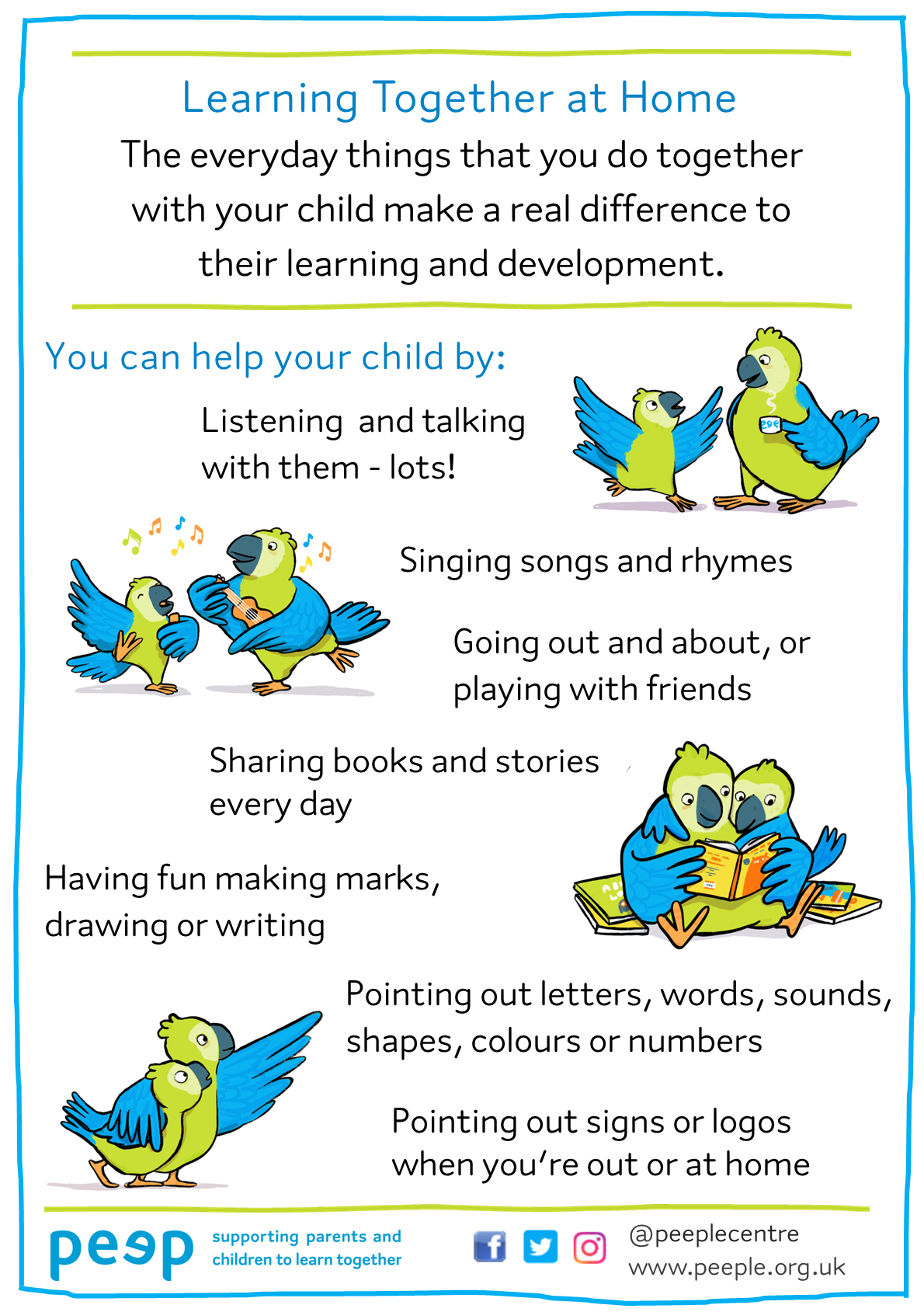 Here are links to a few Peep tips and activity ideas for things to do at home. They're all free or low-cost, and easy to fit into day-to-day life, and they'll all help your baby's or child's learning.
Here are links to a few Peep tips and activity ideas for things to do at home. They're all free or low-cost, and easy to fit into day-to-day life, and they'll all help your baby's or child's learning.
> Autumn activities for children
> Making the most of nappy time
> Everyday play with free everyday items - a list of ideas!
> Parenting is... complicated!
Social and emotional development:
> Helping babies feel good about themselves
> Understanding and managing behaviour - talking
Talking and listening:
> Talking and listening with your baby
> Singing 'Ready and up and down...'
 Early steps to reading and writing:
Early steps to reading and writing:
> Recognising words out and about - signs and logos in everyday life
Early maths:
> Sorting and matching at home
Health and physical development:
> Playdough recipe - sensory play and mark making
peep tips and ideas for you and your child
Feature box colour:
Side Quote Color:
understanding and managing behaviour - talking
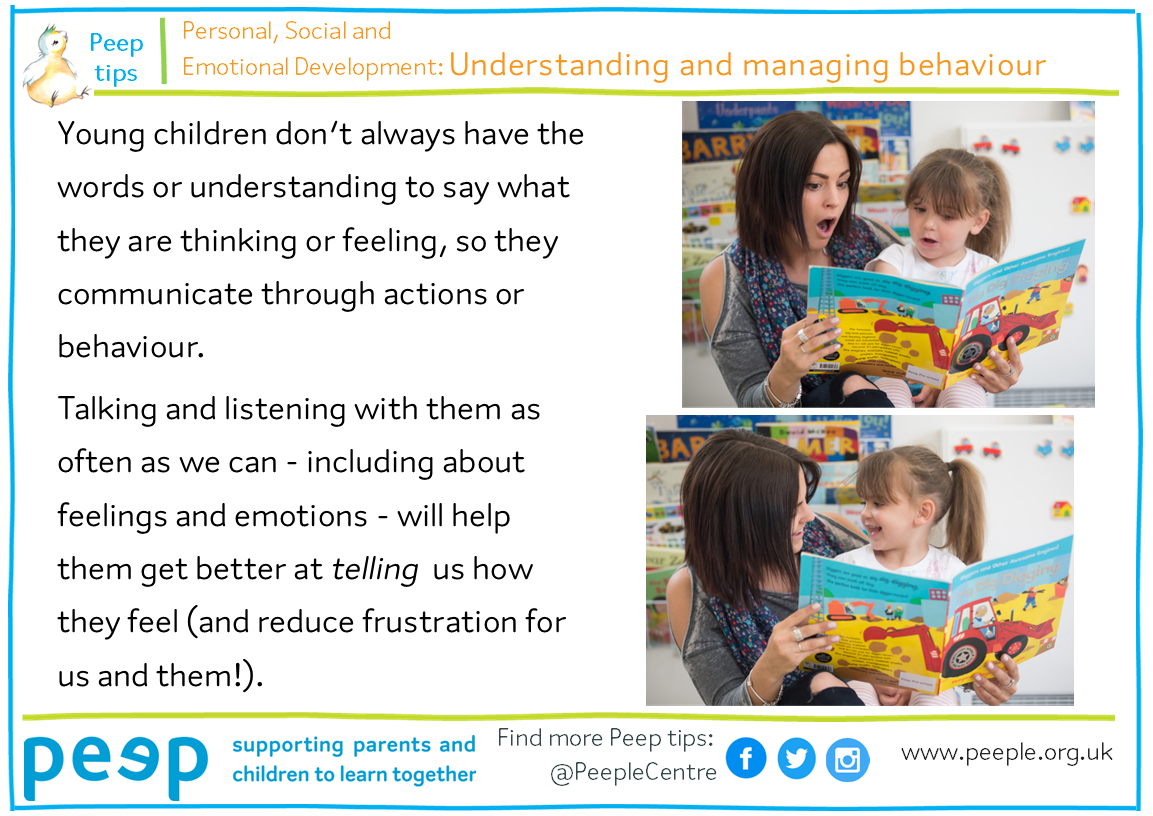
Feature box colour:
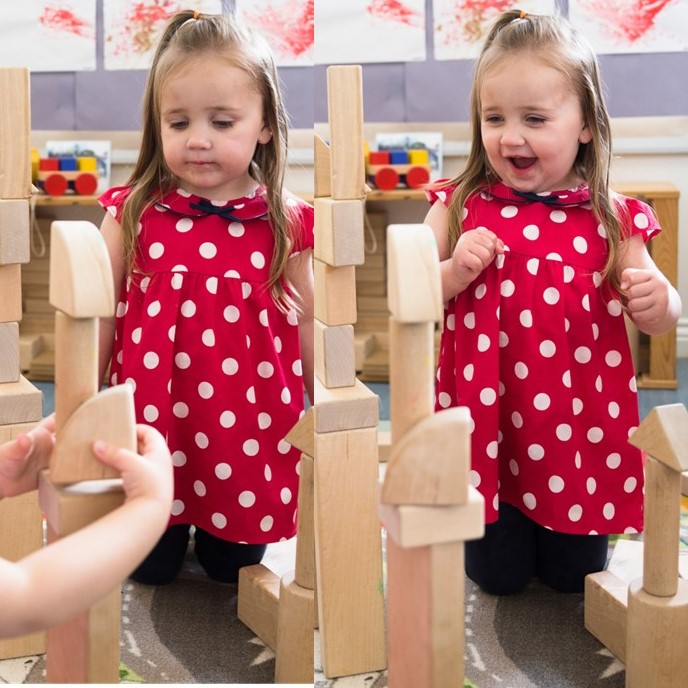
Side Quote Color:
'play and learn with your baby' book
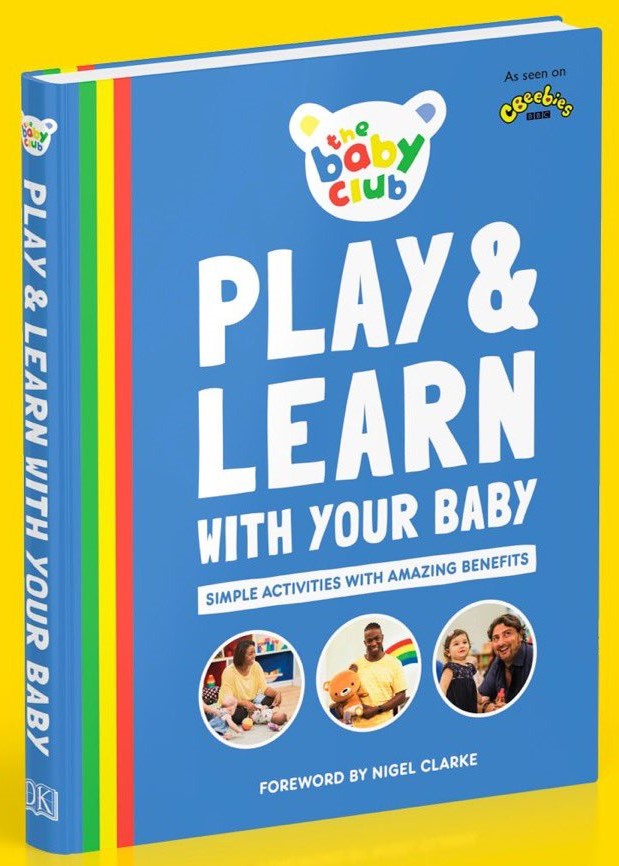 We've been working with CBeebies' 'The Baby Club' and DK to produce a book for parents based on the the kinds of activity seen on the TV show. Our CEO Sally Smith was Consultant Editor on the book: 'Play and learn with your baby - simple activities with amazing benefits'. There are lots of ideas from the Peep Learning Together Programme, including short explanations of why the activities are so helpful for babies' development.
We've been working with CBeebies' 'The Baby Club' and DK to produce a book for parents based on the the kinds of activity seen on the TV show. Our CEO Sally Smith was Consultant Editor on the book: 'Play and learn with your baby - simple activities with amazing benefits'. There are lots of ideas from the Peep Learning Together Programme, including short explanations of why the activities are so helpful for babies' development.
The book's full of bite-sized activities for exploring everyday household objects. Day-to-day tasks such as making meals, sorting the washing or tidying up don't disappear sadly, just because we have a baby to care for. But the kinds of activity in this book can fit around or even within those tasks. And whether you're playing a game together, or watching your baby exploring the object themselves, the bonus is that they're learning lots as they do it!
Each time your baby sees, smells, touches, hears or tastes something new, vital connections are formed in their brain. The book includes suggestions to help your baby notice and learn from the world around them. There are also tips on sharing songs and stories, as well as play ideas such as 'what's in the bag?'.
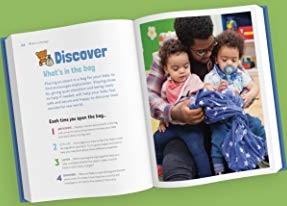
The Baby Club presenter Nigel Clarke wrote the foreward, in which he explains how his Peep practitioner training "highlighted how everyday activities are great opporutnities for a baby to learn, without the need for expensive toys - there's a world of discovery in everyday items and simple toys... That's why this book is so useful.... When you understand the potential behind the simplest of activities, you start to see how every task, meal, changing session or buggy ride becomes an opportunity to bond, encourage or aid your baby's understanding of the world."
The book was released on 6 February 2020, published by DK, and you can buy it here. Have fun playing and learning together!
consultant editor on
The Baby Club book
'Play and learn with your baby'
Feature box colour:
find out more or book training
tel 01865 397 970
training@peeple.org.uk
> dates & booking
> in-house training
> training courses
> sign up to our e-newsletter
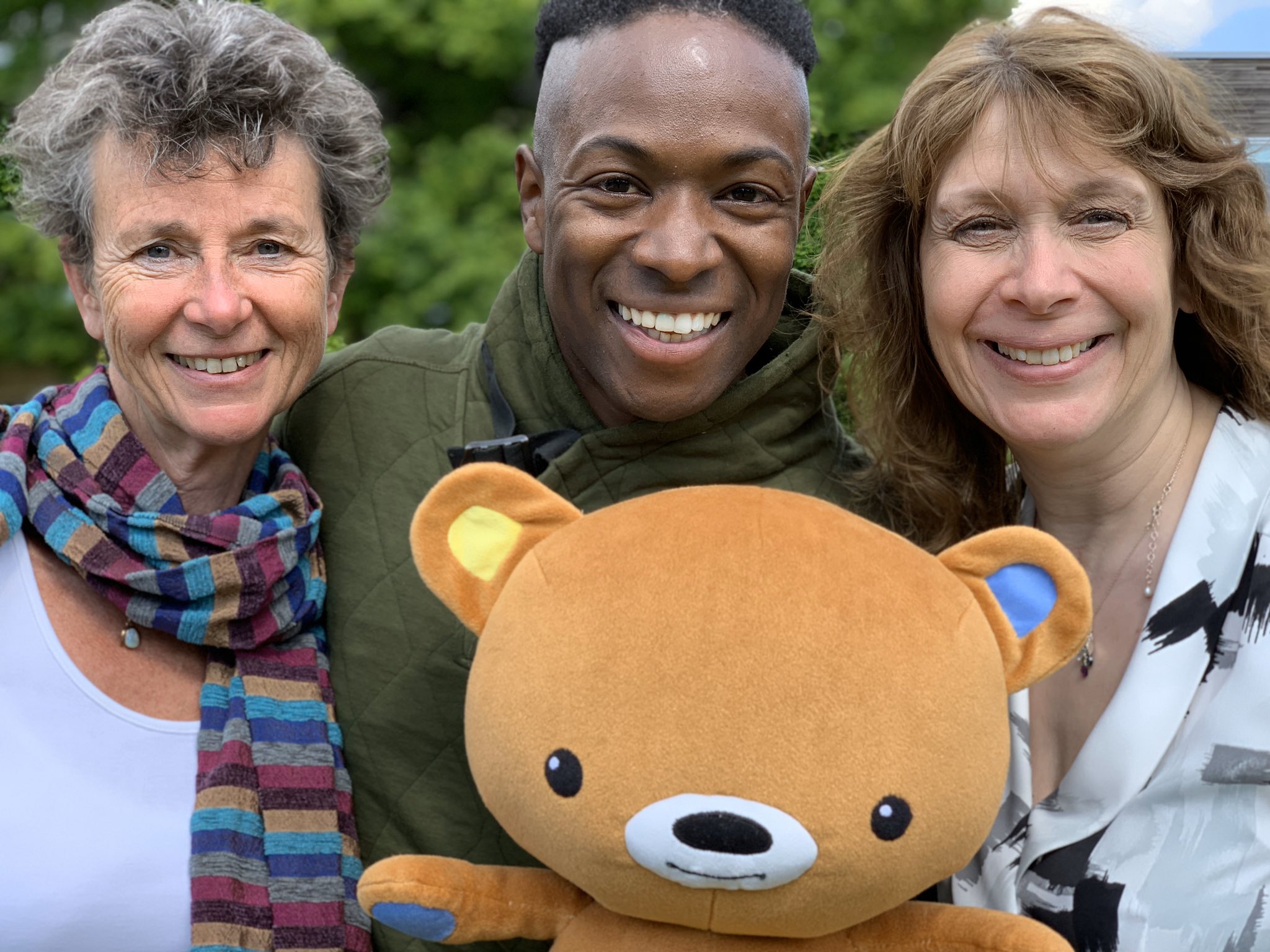
Side Quote Color:
foster carers peep - with qualifications
snapshot of a group session [course outcomes and downloadable version below]
"This is the best 90 minutes of my week – I always learn masses," Martin confides as we sit in the Peeple Centre before the group starts. Matthew wriggles on and off his knee, then round behind his chair, as adults begin to arrive through the open door with babies and toddlers, buggies and bags. Matthew is two years old. "This is our 61st day together, and, yes, I’m the main carer," he continues. "I’ve never cried so much. I now understand so much more about my own feelings too."
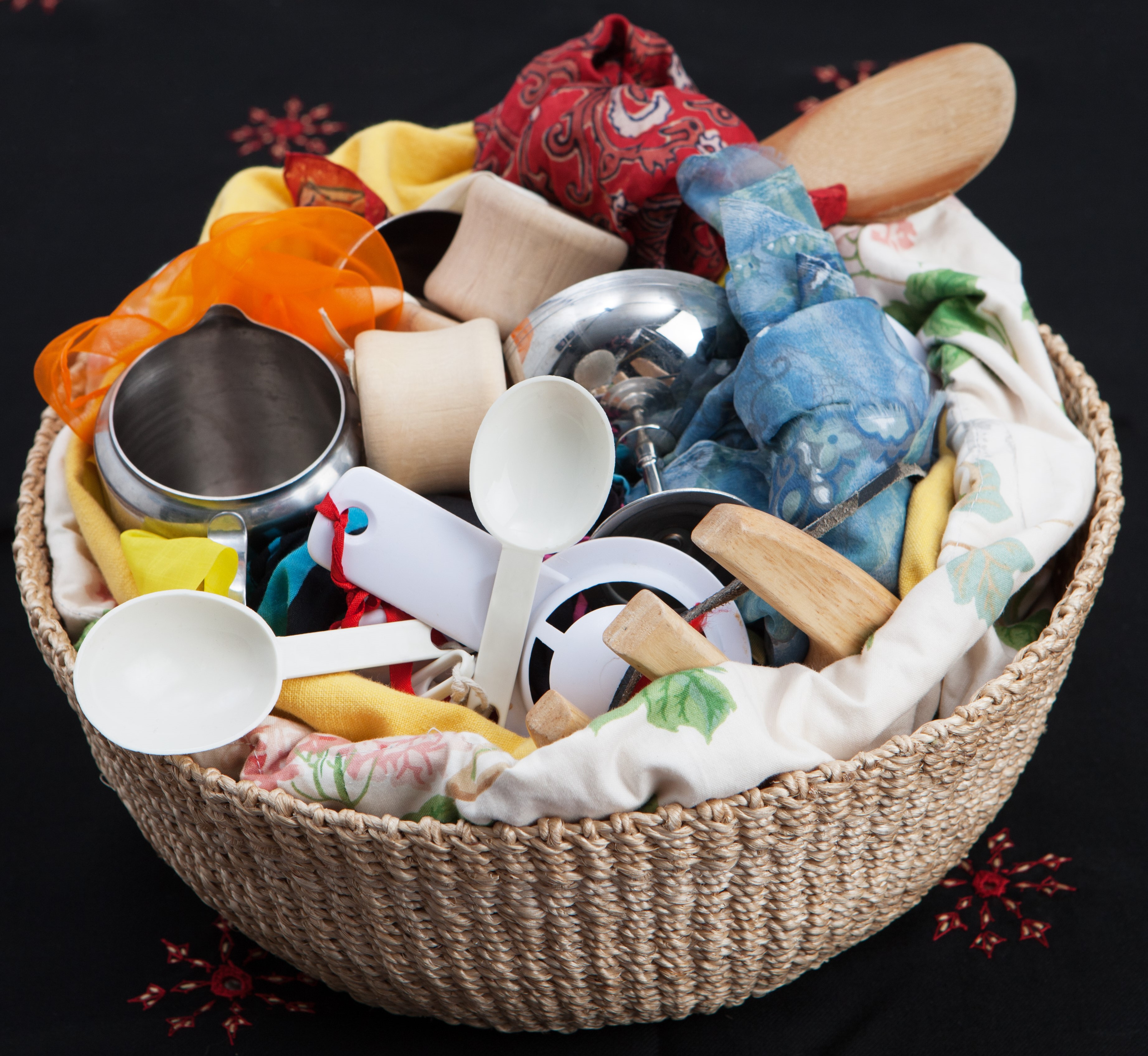 Martin is one of fourteen foster carers who have been meeting for an hour and a half each week, over ten sessions. Today there are several babies in the group ranging in age from six to seventeen months old. It is 1.30 in the afternoon, and sun streams in through the windows.
Martin is one of fourteen foster carers who have been meeting for an hour and a half each week, over ten sessions. Today there are several babies in the group ranging in age from six to seventeen months old. It is 1.30 in the afternoon, and sun streams in through the windows.
session content
Helen is running the group, and places some Topic handouts and other information for the foster carers on the table. At the other end, co-facilitator Sue has arranged a wide basket on a rug, strewn with picture books, sensory objects and things for babies to shake and roll. During the first half of each session, the carers have an extended talk time/ discussion with the Peep practitioner Helen, based on one of the Programme’s topics. Meanwhile the other Peep practitioners played with the children in the same room, with activities and play that supported the learning in the sessions. During the second half of the session, the carers, children and practitioners gathered together on the floor to share a story and sing songs, with actions and props.
The older children move back and forth between their carer and Sue who sits on the floor chatting and playing with them; sometimes they are on a knee, sometimes exploring the room, sometimes tussling over an interesting object in the basket. The adults evidently know each other at this stage in the term, and the children are at ease with both Helen and Sue so there is a fluidity in the children’s attention and focus of interest.
There is a general buzz of conversation between the foster carers, who know they can joke and confide safely. Helen asks them how things are going. She has focussed all the material for this course on the following Personal, Social and Emotional Development (PSED) topics from the Peep Learning Together Programme:
- Helping children feel good about themselves
- Making the most of routines
- Becoming ‘me’
- The importance of relationships
- An introduction to ORIM [Opportunities, Recognition, Interaction and Modelling]
- Helping children understand and manage their feelings
- The importance of names
- The importance of support and encouragement
today’s session focus is on helping children understand and manage their feelings
There are ideas on the topic handout that act as starting points and information to be explored:
‘The wide range and mixture of feelings can be very confusing for young children. Younger children can generally recognise basic emotions, such as happy or sad, but they may confuse fear with anger. By the age of four years, children learn that it is possible to feel mixed emotions.’
This rings so true with these carers. What emerges through the conversation and shared experiences is how the older children in their care have a real need to control their situations and their relationships. When things can be so unpredictable for them, they show their need to control through everyday things, like insisting on what to wear and when to dress. These are some of the little but regular challenges that it seems helpful to talk about today because they are interdependent with how the children feel about where they are and who they are with. Where children are up for adoption, the coming and going between different households affects their emotional behaviour.
Sarah is sensing this strongly about the child in her care but speaks generally about children in this situation and as an experienced foster carer: "They have a sense of loyalty to their parent which is difficult to manage, so they’re often dealing with massive emotions."
"What do you do?" asks Helen.
"Reassure them; show them I’m there for them."
Similarly Martin says how much being a foster carer and coming to the group has helped him become aware of and articulate his own feelings. This is again emphasised in the topic handout:
‘Talk about your own feelings… tell them when something makes you happy or upset, and explain why you feel that way. This will help your child to understand that changes in how we are feeling are a natural part of being who we are.’
Frank and his partner have between them fostered several children over the years. This afternoon he proudly displays his NOCN portfolio, full of their drawings and marks and his own reflections. Their smiles say it all.
shared experiences
Here foster carers are given the opportunity to reflect on their own experiences and relationships with their children; what it means emotionally to welcome them into their homes and to have to say goodbye, and all the times in between. Finding the words is important - as they recognise their own emotions and help their children talk about how they feel. Coming together and sharing the challenges and successes of their role – and having these acknowledged - supports them both individually and also in their joint perspectives on their children’s learning and behaviour. They become positive models in their children’s lives, even where their time together may be brief. The foster carers who attended this course evidently felt a sense of group cohesion, participating in conversations about challenging and emotionally moving situations, where they could see their voices were heard, and their relationships valued in a non-judgemental way. This led to an openness about sharing and honesty about admitting feelings both in themselves and at home or with partners and with their looked after children. By having a safe place to discuss emotions and behaviour and how to manage these, the foster carers helped each other to gain a sense of perspective on their children’s learning and behaviour.
Session snapshot by Alison Street, Peeple trustee, Sept 2019. Foster carer names have been changed.
course overview and outcomes
‘The subjects covered and the conversations that took place as a consequence helped me to understand my role and to make sure I was doing the best job possible’ Foster Carer
This course aims to support the foster carers to:
- value and extend learning opportunities in everyday life
- improve the quality of the home learning environment
- develop secure attachment relationships with their babies and children
- gain an accredited unit based on supporting their child's learning and development.
recruitment, funding and participation
The course was funded by Oxfordshire’s Virtual School, Early Years team and Foster Care Team. This team has an overview of all the looked after children attending settings. The Peeple practitioners recruited foster carers for the course via these teams, the Foster Carers network and the social workers with whom the foster carers regularly have contact. The number of children living with the carers changed over the duration of the course, but the carers can continue to attend.
The support and relationships within the group were very important to the carers, as with the previous cohorts. In keeping with their role as a combination of temporary parent and professional carer, they were particularly aware of the challenges and progress of all the children in the group.
Foster carers’ observations of the child in their care became more detailed. They spent time discussing their children and offered support and ideas to other carers. They were extremely supportive of each other and discussed confidentially the challenges they are facing within the role. They also provided relief care for one another in a few instances which was an added outcome. They have arranged to meet outside of the group and set up a group to continue to support each other.
Having children present was welcomed by the foster carers:
‘Brilliant as we don’t need childcare, and can also put the learning into practice with the children’s activities… It’s a good interaction with adults and children together.’
‘This is ideal for the children we care for. Although their presence can sometimes distract,
it’s in a happy way’
‘Helen turns the group into a little family. We all keep in touch and look out for all our children when we’re together’
understanding more about children’s personal, social and emotional development and how to support it
The learning in the group was put into action in the home. The carers in the group all said that, as a result of the group, they were more aware of the benefits of what they were doing at home, and did more of it:
‘I took loads from this course – I was quite unprepared for looking after a child (despite my best intentions) but the things I learnt here helped me to understand and support him’
‘The course has given me the theory behind the practice which helps me to look at what I do, and improve or tweak it as needed’
‘PSED course content was very interesting and encouraged me to think about all areas of the subject when I’m dealing with my children’
‘This course gave us imaginative ideas for supporting learning which can be built into everyday activities. They show that learning takes place from the youngest age and can be fun.’
adult learning - Peep Progression Pathway
All fourteen foster carers completed their NOCN Level 2 qualification unit (part of the Peep Progression Pathway): 'Supporting Babies' and Young Children's Personal, Social and Emotional Development as part of Everyday Life'. They kept records of what they noticed and reflected on as the children in their care learn and develop.
‘It has been great for learning, and a very good opportunity for support and cohesiveness as a group of carers’
outcomes for children and children’s voices
Both the Peeple staff and the carers noticed many changes in the children over the weeks. As seen previously, the children grew in confidence in a group situation, and both their PSED and communication skills visibly developed. The children quickly became familiar with the routine and they joined in with the singing and story time; they especially liked the props and had favourite songs that they would ask for.
conclusion
The Peep Training Course for Foster Carers provided a unique chance for the carers to participate in an accredited programme of learning which developed their own skills as a ‘professional parent’ and was of direct benefit both to the children who attended, and subsequent children that they may care for in the future. Having the children as part of the course made it more accessible and provided significant learning opportunities for all the participants. Another benefit was the support networks that were formed during the course.
The additional challenges of working with looked after children were met within the context of the group, where there was an open acceptance of the demands of meeting the needs of children who often have complicated backgrounds, and the emotional rollercoaster as children come and go from the carer’s home.
The carers said that they valued the learning on this course because it could be applied to the foster children that they have or might work with in the future. Previous Peep courses for foster carers and their children used multi-age topics from the Communication and Language, Early Maths and Early Literacy strands of the programme; any topics can be used, to meet the needs and interests of those attending.
‘Peep courses are always fun, interesting and thought-provoking’
‘PSED course content was very interesting and encouraged me to think about all areas of the subject when I’m dealing with my children’
‘I enjoyed the course, it is the third Peep course I have attended and I find the fun, informal type group much better for soaking up information.’
‘The courses open your eyes to everyday common sense elements that otherwise may be missed.’
All the staff from Peeple who were part of the course felt privileged to have learnt more about foster carers and their special relationship with the children in their care.
‘Needed reassurance I was doing the best for my child – Peep provided this.’
foster carers group
Feature box colour:
find out more or book training
tel 01865 397 970
training@peeple.org.uk
> dates & booking
> in-house training
> training courses
> sign up to our e-newsletter
Side Quote Color:
Little Peeple Nursery
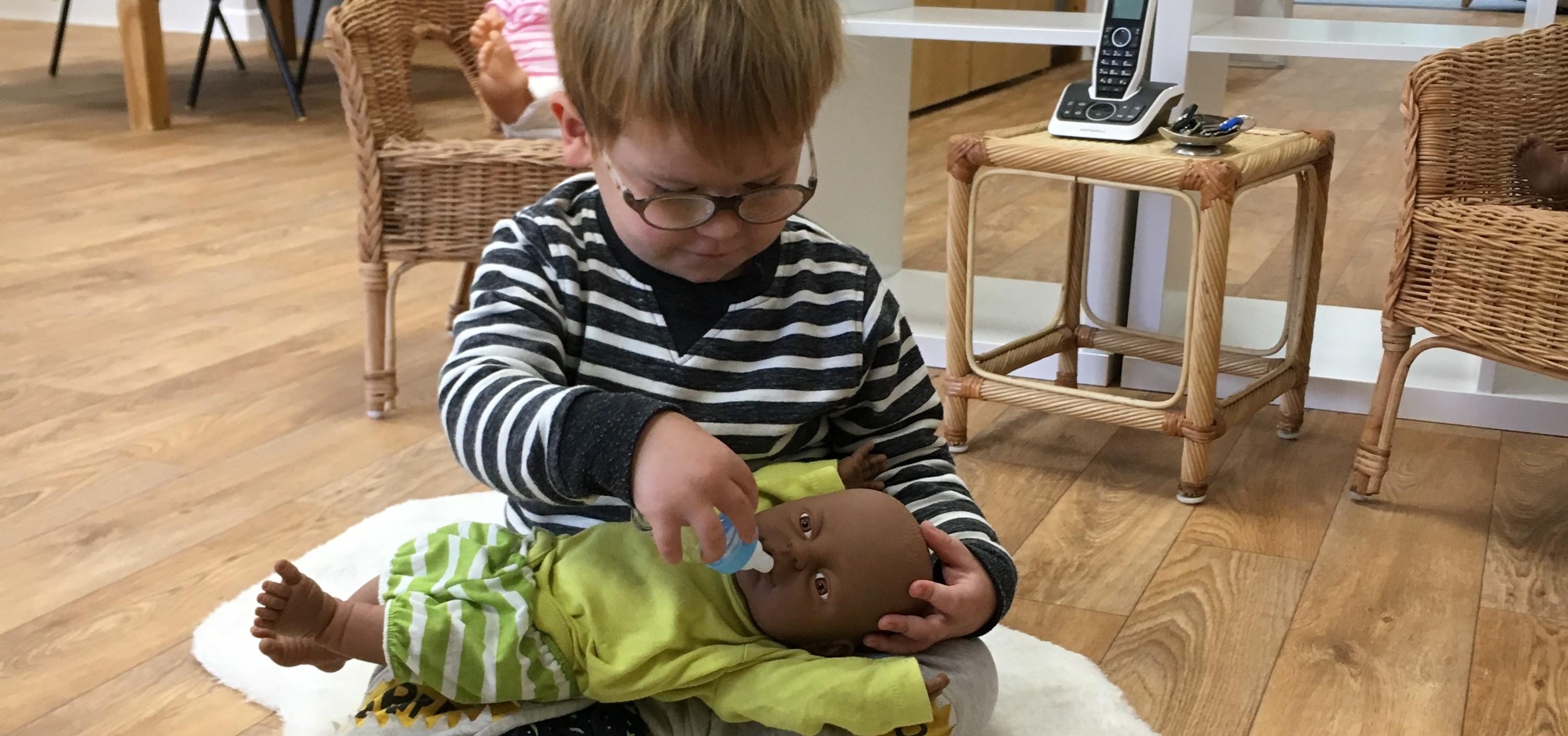
Our Little Peeple Day Nursery offers education and childcare for 48 weeks of the year. You can choose whether your child attends pre-school hours or all-day sessions. We're here to meet the needs of you and your child, whether you are returning to work or education, preparing your child for school and/or want your child to socialise, play and learn with other children.
The Peeple principles are at the heart of our approach. We are here to support children, parents and carers to learn together, by valuing and building on what families already do.
We opened our Nursery - for babies and children from six months to four years - in October 2018. It was built in partnership with The Oxford Academy and Oxfordshire County Council. In summer 2019 we merged our Peep Pre-school into our new and larger nursery building.
caring for your child
Our aim is to work in partnership with you to provide the best care and education for your child before they start school. We will ensure that your child has an enjoyable time with us and that we offer an enabling and rich environment that will meet your child’s individual needs. Our setting is secure and physically comfortable, so that the children can enjoy playing, exploring and learning. We encourage the children to explore all areas – though we recognise that children sometimes have their own favourite spaces, especially if they are feeling tired or a little unsettled. We understand that children need space where they can relax and rest, particularly if they spend more than a few hours in the setting. The outside space offers opportunities for all areas of learning and development. Suitable clothing is available so that children can choose to go out whatever the weather.
> find out about how our nursery follows the Early Years Foundation Stage (EYFS) principles and guidance.
> find out about our nursery funding, nursery hours and term-dates, and requesting a place
ofsted
We are registered with Ofsted to care for 44 children aged from 6 months - 4 years.
We had our first Ofsted inspection in October 2019 and were pleased to be rated Good in all areas. Here is the report, and a few of the inspector's comments, illustrating the strong relationships and learning through play within Little Peeple Nursery:
'The manager and staff create a positive and purposeful learning environment. There are warm bonds between children and staff. For example, children who are a little upset at the beginning of the day are comforted by the cuddles and reassuring words from their key person. Soon these children are full of smiles and playing happily.'
'Staff ensure that children have lots of fun while also learning and developing new skills.'
'Staff make consistently good use of opportunities to engage in conversations with children. They speak clearly, introduce new words and listen to what children say. Children have many opportunities each day to listen to stories and join in with songs. These experiences are very popular with all children.'
Feature box colour:
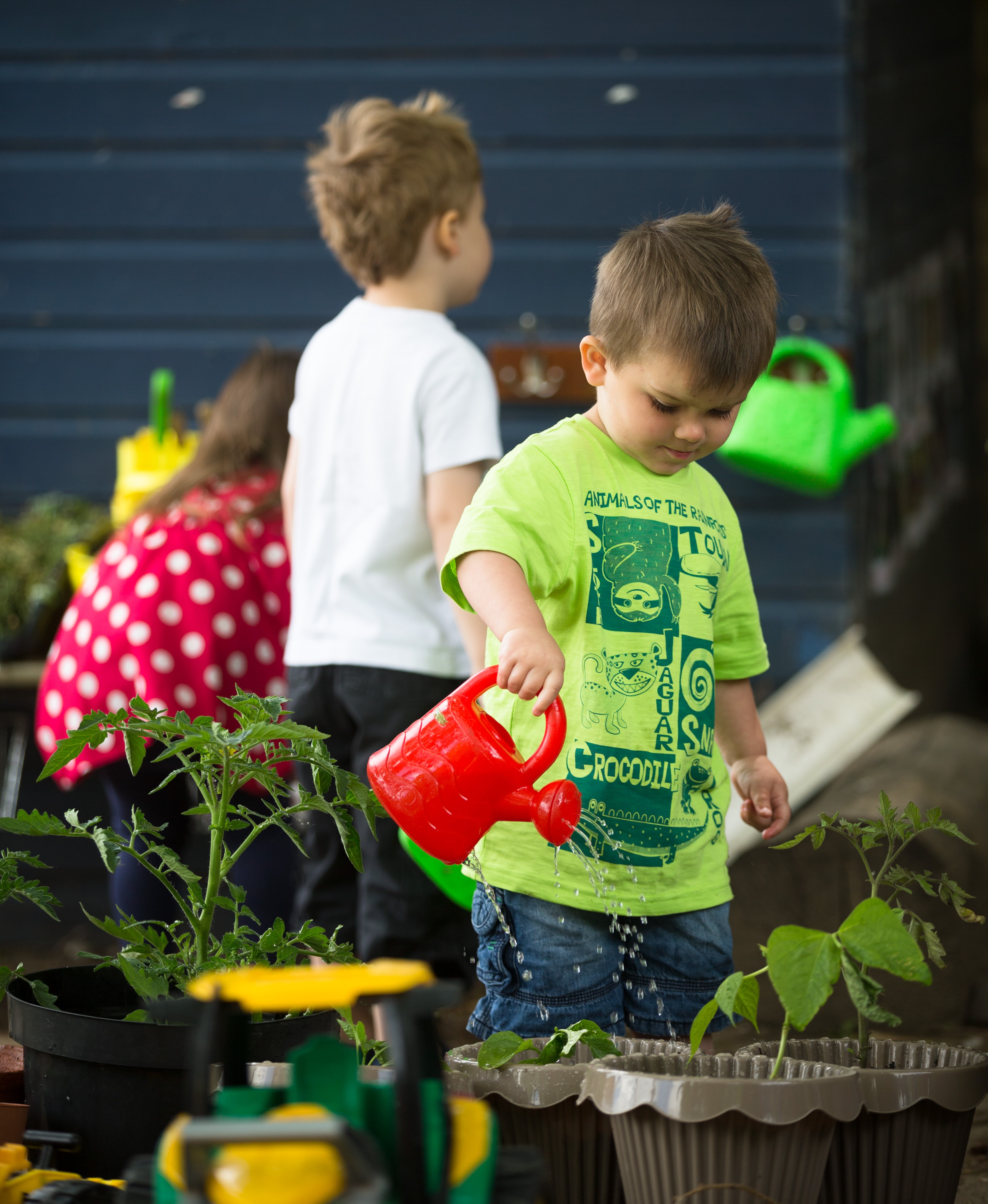
contact us
Get in touch with any questions, to arrange a visit or to find out about booking a place at Little Peeple Nursery.
Email:
littlepeeplenursery@peeple.org.uk
Address (for sat nav):
Little Peeple Nursery
The Oxford Academy
Northfield Close entrance
Littlemore, Oxford
OX4 4NH
Tel: 01865 397972
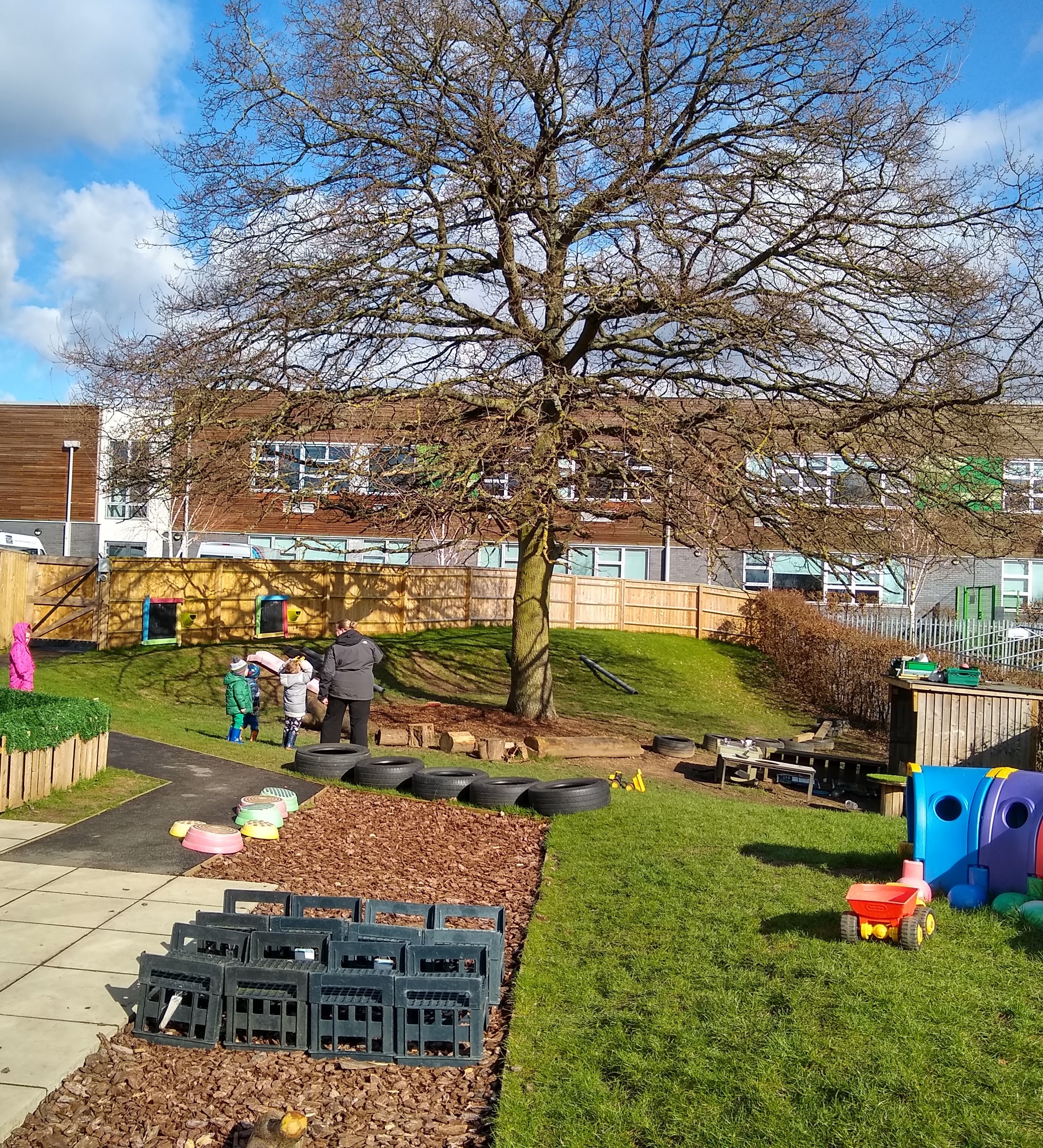
Side Quote Color:
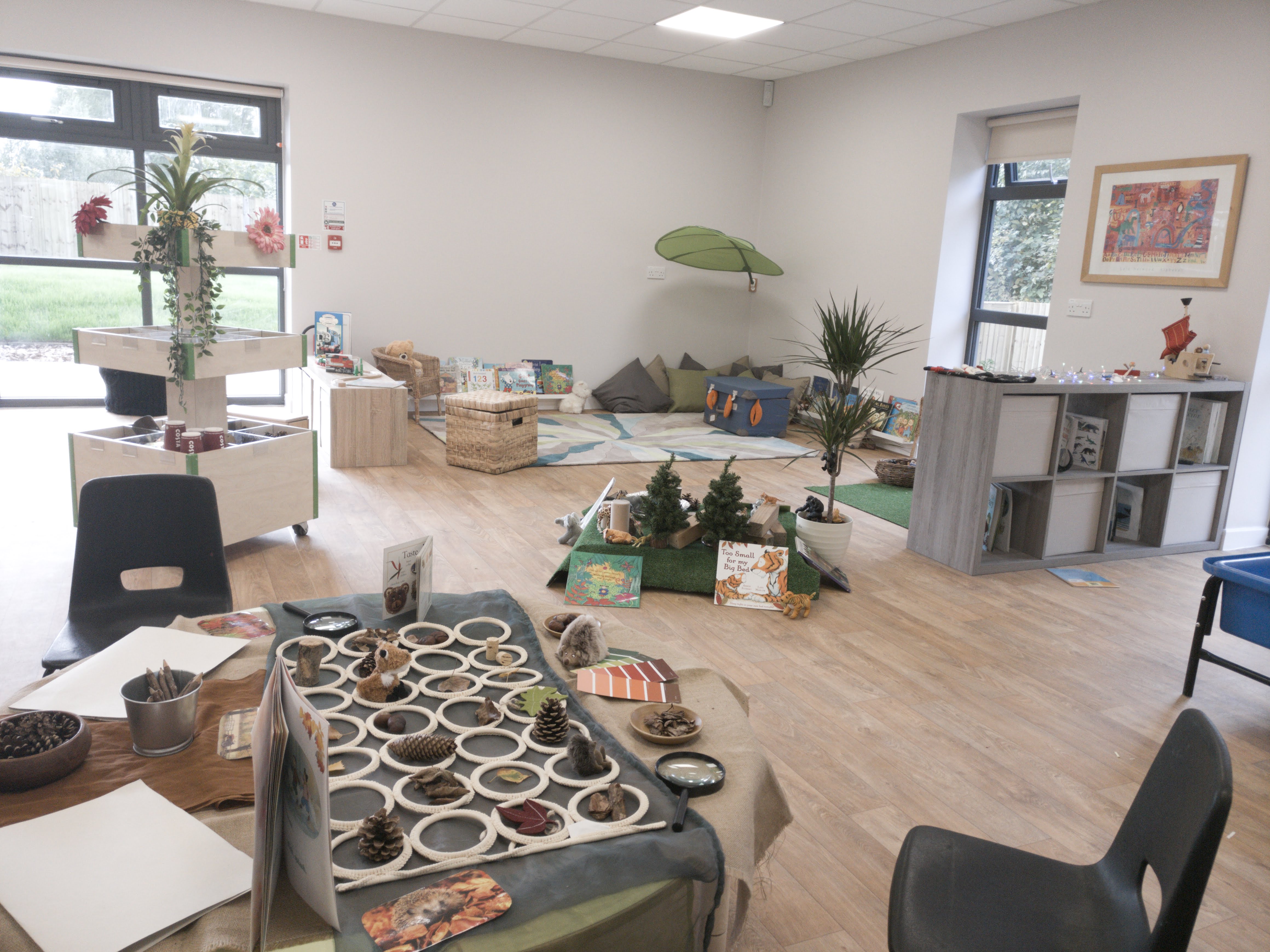
peep transition into school - edinburgh
increasing parental engagement in children's learning
Update from Soozin Rogers, Community learning and development worker, Edinburgh
We wanted to increase our parental engagement within our Primary School, so we began Peep sessions for parents and children together. Peep provision in our school is a partnership between Community Learning and Development (CLD) and the school, specifically the early years practitioner based in the nursery. Parents say that their engagement with Peep has not only strengthened their relationships, it has increased their knowledge of the impact they have on their children’s education and development.
overcoming barriers
We started off in a community hall close to the school, but once the group was running, the parents were happy to move sessions into the school building itself. School teachers and support staff popped into groups and established relationships with parents, carers and their children. This helped to support the transition into the school – important for parents as well as children! Parents felt less wary of the school environment, and more confident in approaching staff, as relationships had already been formed.
transition into school and community involvement
As a transition group focussing on 4-5 year olds, we link to the early literacy and numeracy programme of the nursery and school. This not only reinforces early literacy and maths with the children, it also supports the parents to build on this learning at home – we can all do the actions now! The parents are also more confident with their engagement in the school and the wider community. Many have progressed on to other groups within the school, and some have developed the school's parent council, the first in almost twenty years!! They say they feel more able to speak with the school and are more confident in engaging in school activities. Some have also got more involved in our local Community Centre, again joining activities and the management committee.
(see left for feedback from the group's parents)
transition peep
read about how 4-5 year olds and their parents in Edinburgh are using peep to help get ready for school
Feature box colour:
parent feedback - edinburgh transition peep
'The Peep group gives me lots of ideas about how to better support my daughter out with the school/nursery setting'
'It really helps to have the one to one interaction and time with my child as I don’t get to do this very often'
'I’ve learned not to be afraid to sign and join in and this has had a huge impact on my child’s confidence to do the same (modelling!)'
'It’s really helpful to have something to take away (information sheet) about what we’ve covered in the session so I can try things to do at home, otherwise I might forget'
'It’s made me think more about how I recognise and praise my child’s efforts to try doing different things at home'
'I feel more confident to support my child at home with what they are learning in nursery - if I didn’t come to Peep I might not know as much about what they learn in the nursery. For example, how the pupils are taught letters and why they are taught in that way.'
'The Peep group leader make you feel OK to ask any questions you want to'
Side Quote Color:
SQA mum:
Peep mum's feedback after completing SQA: "Surprised at how much we ACTUALLY do to bring up kids!"
early language support
We have been working in partnership with the NHS to carry out a three year project (commissioned by Oxfordshire County Council) to develop and deliver high quality support for early language development from birth to four.
The purpose of the work is to enhance the life chances of children by improving their communication and language skills.
With speech and language therapists across the county, we now provide a menu of interventions which combine the strengths of both our organisations, add value to what we can offer, and avoid duplication.
The Early Language Support programme combines targeted and universal services which:
- work preventatively with families from the earliest weeks of their child’s life
- work with and through parents, supporting them as their child’s first and most significant educator
- provide specialised speech and language support where needed
- improve access to families who may be hard to reach
- train practitioners in early years settings
- embed training into practice.
> Read more in an article from the Public Services Review

early language support
with the NHS
Feature box colour:
commissioning peep services
Contact us for more information or a quote:
t 01865 395 145
helen.stroudley@peeple.org.uk or lindsey.hart@peeple.org.uk
> Services overview
> Sign up to our e-newsletter
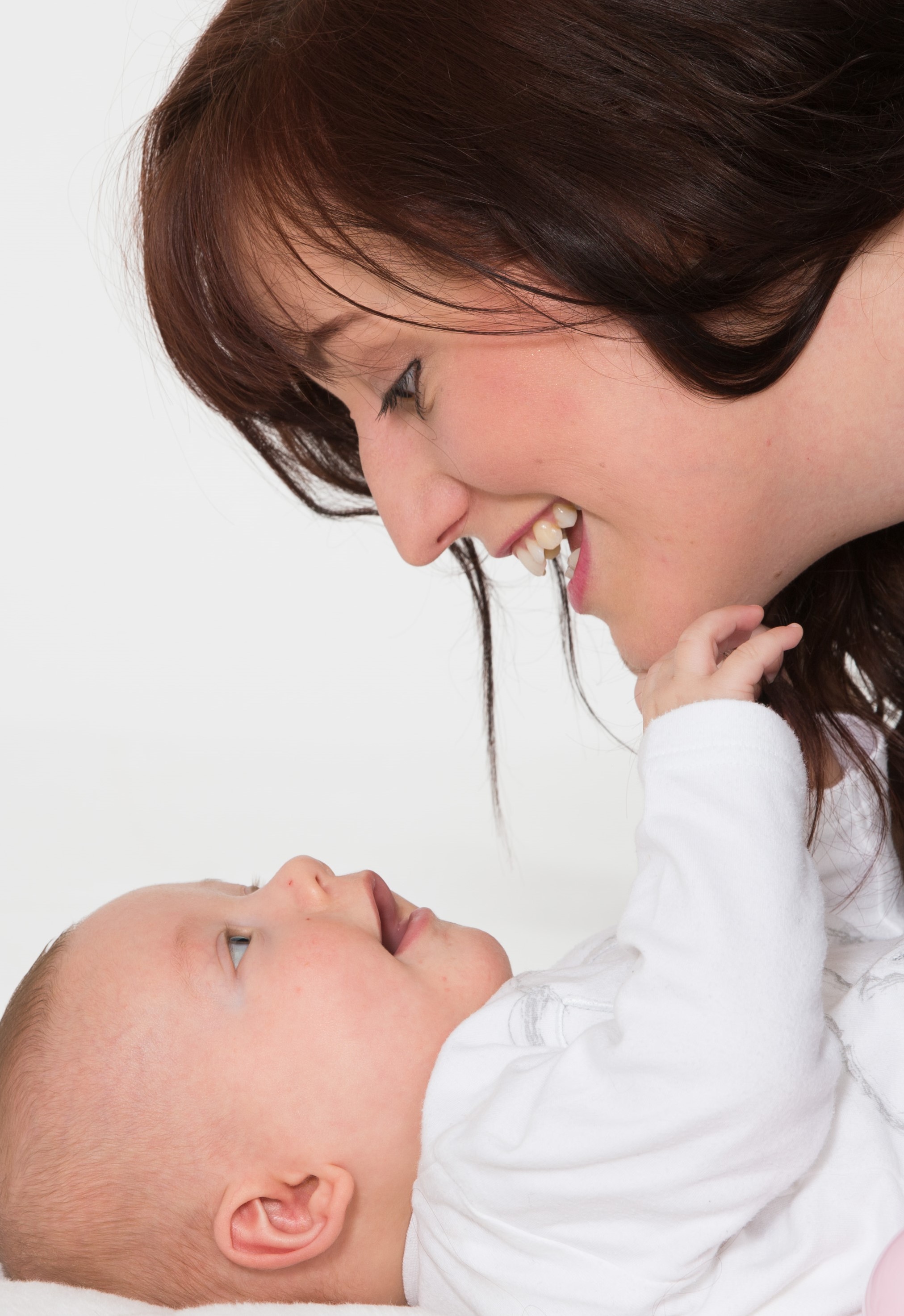
Side Quote Color:
- Read more about early language support
- Log in or register to post comments
